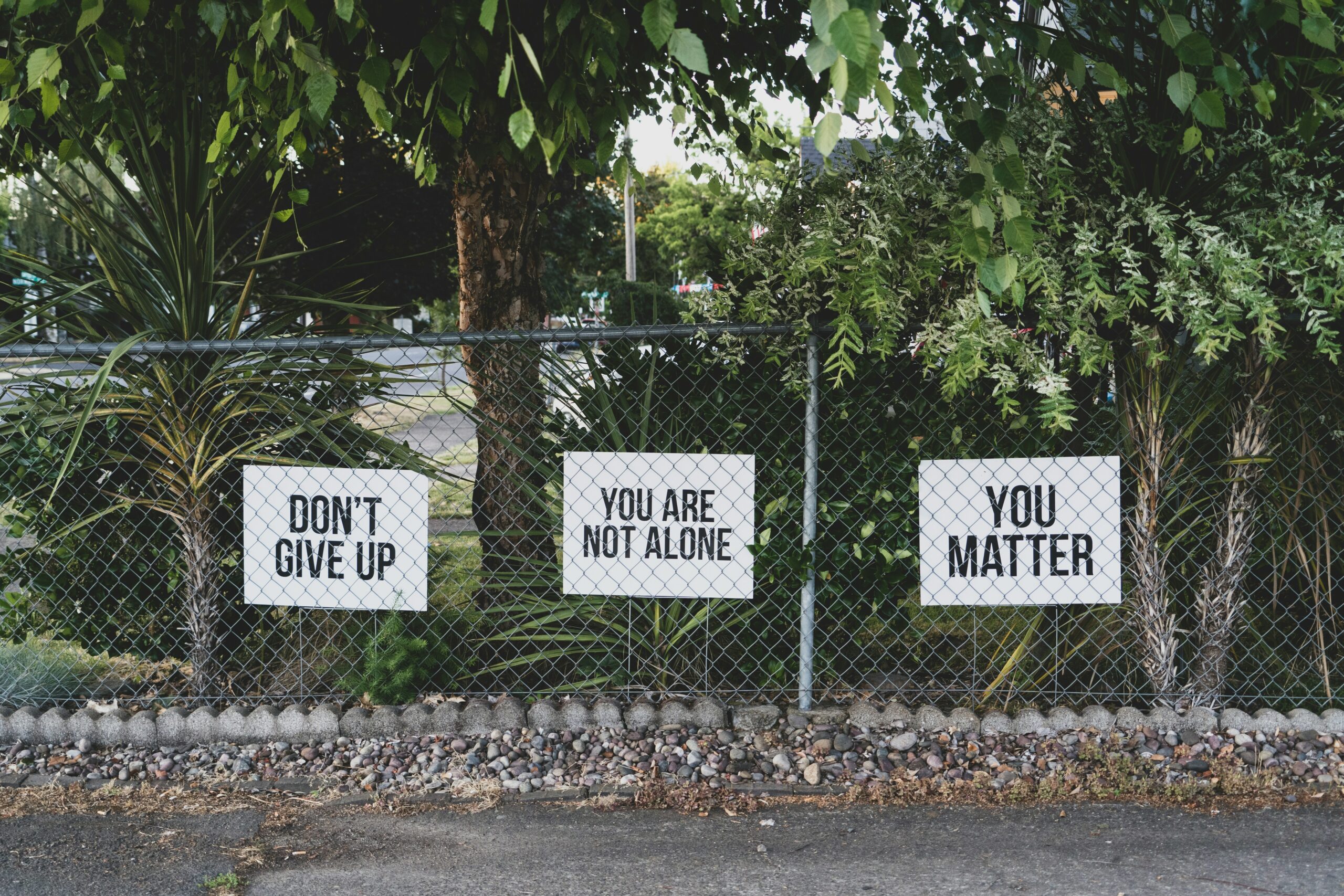Now we got problems
And I don’t think we can solve them
You made a really deep cut
And baby now we got bad blood (hey!)
Taylor Swift
Have you ever been wronged by someone? Betrayed? Whether with friends, family, at work or with a spouse – relational breakdowns hurt! Most of us can relate on some level – really wanting the other party to recognize that they had hurt us or treated us unfairly. And often not finding that resolution we hoped for. These moments can leave us confused and stuck, replaying the moments over and over again. Asking all the ‘What-if’s’ and wondering about a different outcome.
I found myself ‘stuck’ in one of these painful situations a few years back. I felt wronged and betrayed and nothing within me wanted to let them off! I knew I needed to forgive the person, that was the only way to get ‘unstuck’, but it was way harder than I expected.
Forgiveness is this powerful, sometimes ‘unreasonable’ act. It is a decision to release another or even ourselves that lies deep in the soul. It truly is a sovereign act of the human will – only you can decide to forgive, no one can force you to, and you cannot ‘make’ another person forgive.
I love C.S. Lewis’s insights on the topic of what forgiveness is and what it isn’t: “When it comes to a question of our forgiving other people, it is partly the same and partly different. It is the same because, here also forgiving does not mean excusing. Many people seem to think it does. They think that if you ask them to forgive someone who has cheated or bullied them you are trying to make out that there was really no cheating or bullying. But if that were so, there would be nothing to forgive. (This doesn’t mean that you must necessarily believe his next promise. It does mean that you must make every effort to kill every taste of resentment in your own heart – every wish to humiliate or hurt him or to pay him out.)
The difference between this situation and the one in which you are asking God’s forgiveness is this. In our own case we accept excuses too easily, in other people’s we do not accept them easily enough. As regards my own sins it is a safe bet (though not a certainty) that the excuses are not really so good as I think; as regards other men’s sins against me it is a safe bet (though not a certainty) that the excuses are better than I think. One must therefore begin by attending to everything which may show that the other man was not so much to blame as we thought. But even if he is absolutely fully to blame we still have to forgive him; and even if ninety-nine per cent of his apparent guilt can be explained away by really good excuses, the problem of forgiveness begins with the one per cent of guilt that is left over. To excuse, what can really produce good excuses is not Christian charity; it is only fairness. To be a Christian means to forgive the inexcusable, because God has forgiven the inexcusable in you.” C.S.Lewis (Essay on forgiveness): 1947
Still mulling over that last line, God has forgiven the inexcusable in me. And to follow Him means forgiving the inexcusable in others.
I have been wondering why Jesus was so one-note on the topic. Surely there should be a sliding scale of offenses and we should be allowed to assess whether forgiveness was warranted based on the seriousness of the situation. No such luck.
Forgiving is this central theme of the New Testament – being forgiven and forgiving others. What makes it so challenging (and yet so simple) is that verses around this subject are so often positioned within a conditional clause. Conditional clauses like ‘if (you forgive others)… then (you will be forgiven)’ or ‘as you have received _x__ so do_y__’. Forgiveness in the New Testament is not offered as an optional extra, it is clearly positioned as a requirement- this necessity for our own forgiveness.
I believe Jesus set such clear boundaries for us on forgiveness because He understood that our healing and freedom is wrapped up in our decision to release others. Nothing good grows in the dark space of unforgiveness –it is a disease of the soul– causing bitterness and resentment, drowning out any life and good fruit. Forgiveness is the starting point, no matter how painful the situation, as we release others it makes space for God’s healing to begin in our own hearts.
Let’s be honest, it may not feel like its better for us in the moment, but numerous studies have looked at the health benefits of forgiving others. People who forgive show amongst other benefits:
- Healthier relationships.
- Improved mental health.
- Less anxiety, stress and hostility.
- Lower blood pressure.
- Fewer symptoms of depression.
- A stronger immune system.
- Improved heart health.
- Improved self-esteem.
Okay so clearly it has benefits! But how do we walk this thing out? Forgiveness starts as a choice, an act of our WILL… ‘I will forgive this person’. Whilst our will can make that decision in a split second, our thoughts and emotions often take much longer to come in line with that decision. For me I was plagued by the swirling thoughts and emotions initially. The thoughts triggered those painful emotions and pulled me right back into those moments. I had to remind myself that I had chosen to forgive this person and I began to choose daily to not replay the event in my mind. When it was really difficult I would pray and ask God for His view on the situation – how He saw me, His take on the situation, and over time how He saw the other person/people involved.
Once I stopped thinking about it as often, I found my emotions began to come in line with my decision to forgive. It was not such a sore point anymore when the topic came up. I wish I could say it took a day or 2 (sometimes it does) but for those deep betrayals the process can take months or years to move to that space of freedom. But that freedom is 100% worth it! I want to encourage you, don’t give up too early in the process – it really is possible to walk free from pain, betrayal and the regrets that so often accompany it.
“And forgive us our debts, as we have forgiven our debtors [letting go of both the wrong and the resentment] …14 For if you forgive others their trespasses [their reckless and willful sins], your heavenly Father will also forgive you. Matthew 6v12, 14 (Amplified Bible)
By Claudia McGregor
References:
- C.S. Lewis (1947) Essay on Forgiveness.
- https://www.mayoclinic.org/healthy-lifestyle/adult-health/in-depth/forgiveness/art-20047692 Retrieved 1st June 2021


